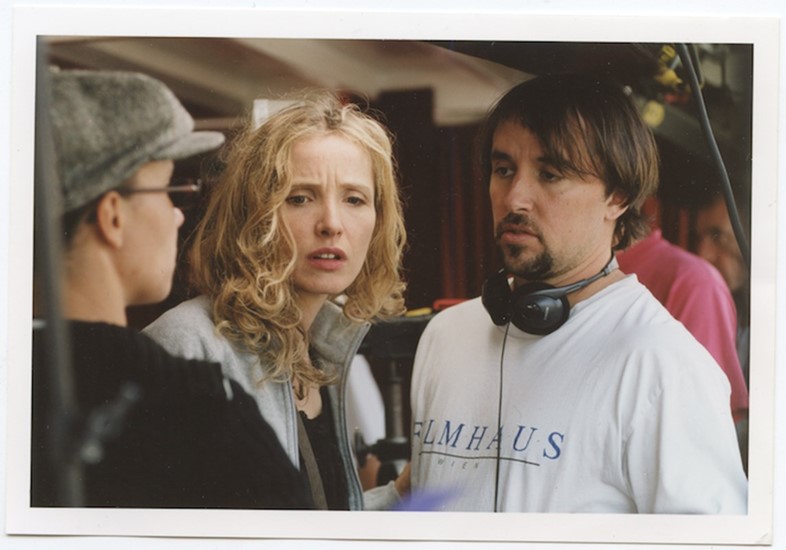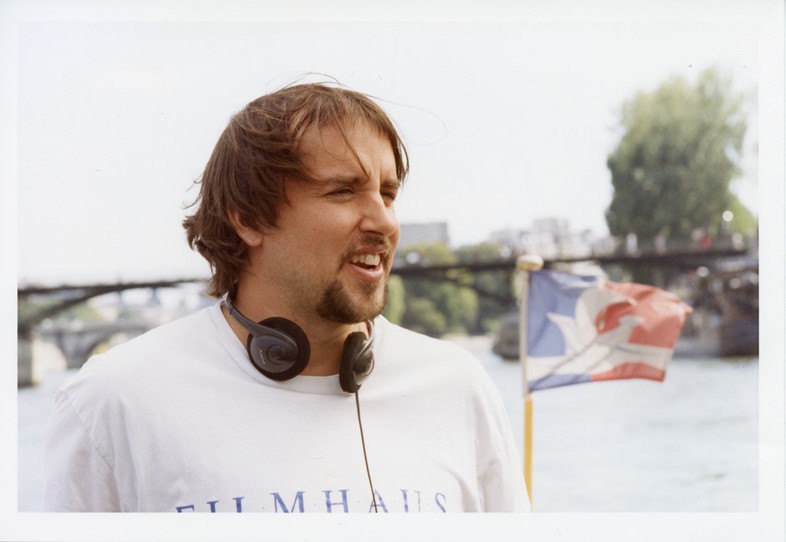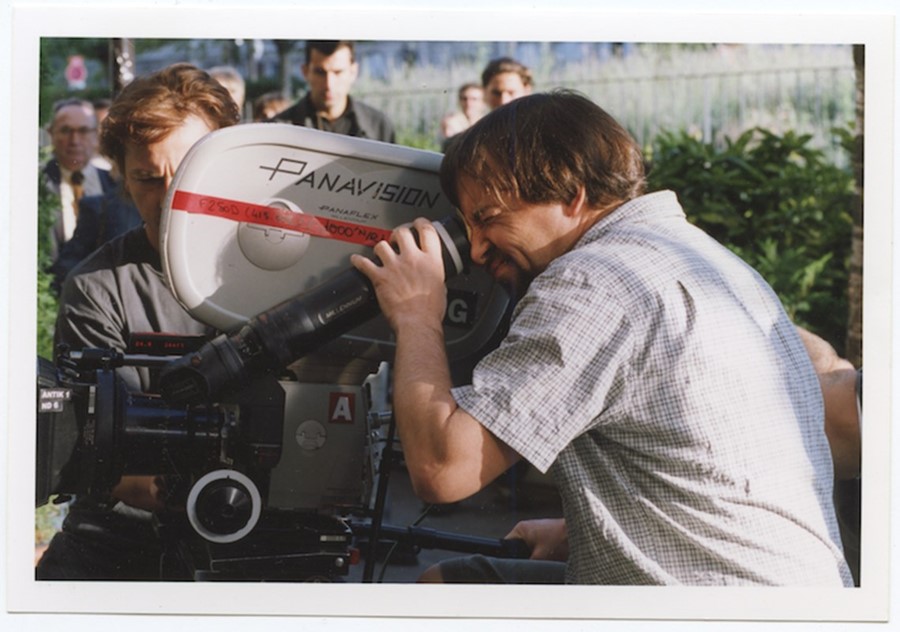How do you celebrate the filmmaker who bottled apathy for a generation? You make a documentary about him, explain the pair behind Dream is Destiny, a new release examining Linklater's life and work
The world today – one which fetishises busyness, praises the ability to do ten thousand things at once, prizes naked (and not so naked) ambition – is the frighteningly intense offspring of a world where a charming kind of apathy reigned. That world is captured so superbly in Slacker, Richard Linklater’s 1992 sprawling odyssey of life in Austin, where doing nothing and rejecting societal norms was cool and beautiful. Watching it today, though the film is so of its time you can almost smell its teen spirit, it feels utterly timeless. It’s little wonder the film put Linklater on a path to success, taking him from indie filmmaker to worldwide movie stardom with hits like Dazed and Confused, Boyhood, and most recently Everybody Wants Some!!
This trajectory and the lo-fi charm with which the director approaches his art and life have been brought to life thanks to a new film made by his Austin neighbours Louis Black and Karen Bernstein, entitled Richard Linklater: Dream is Destiny. While Linklater is ostensibly the centre of the film, his co-star is Austin, Texas, and the 1990s scene that spawned him. We spoke to Bernstein about Linklater’s legacy, the challenges of filming filmmakers, and what’s so special about the Austin scene.

On Linklater’s legacy…
“John Pierson hit the nail on the head when he said that what the films are doing isn’t necessarily quantifying the experience or saying 'look at these groovy people' but – without sounding like a sociologist – giving a voice to various subcultures. They look at slices of life that hadn’t had a spotlight turned on them. The mark that Linklater and the entire of [his production company] Detour Filmproduction left is that with a little hard work, you can do this too: you can get to Sundance and make some money and make a career out of it.”
On making films about filmmakers…
“It’s always a challenge as you’re making films about artists, but one of the most enjoyable aspects of this process was Rick [Linklater]. I enjoyed spending time with him, and I spent a lot of time with him, especially at the beginning as he was making Everybody Wants Some!! and he let us onto the set while they were filming. Anyone else would’ve gotten testy, but we had a really nice eye contact and he trusted me. The funny thing about making a film about a filmmaker is they get it. He’s as much a documentary filmmaker as most, so he knew exactly what he was doing. He said 'I appreciate manipulators; I know I’m being manipulated'.”

On choosing Austin and Linklater as subjects…
“I moved to Austin in 2001 and then Austin Film Society signed me up so I had this wonderful front row seat to the films being made in Austin. It was at a time when the city hadn’t quite got its footing. There were maybe three or four 'good' restaurants; now it’s become very much an extension of New York or LA or San Francisco. Back then it was pretty quiet, but when I watched these guys and got to know the scene, I thought 'there really is a film here'. The biography is obviously important but it’s not foremost: it’s about the scene and that time in American cinema.
There’s something about independent cinema that’s coherently the same whenever you are: a group of people who consider themselves outliers making film. But with Austin you could live and subsist very cheaply, and so you could make the films you wanted to make. Austin was like this Mecca, the centre of everything alternative in Texas. Rick may have looked to influences outside Texas but there’s a real permissive quality in Austin. You can do whatever you want.”
On what makes a great documentary…
“I always tell people who I’m making documentaries about, the more honest you are on screen, the better off everyone’s going to be. The worst documentaries I’ve made are where people feel they have to be something else. In Rick’s case, he’s an extremely modest guy who plays his cards very close to his chest. It took many interviews to get to a point where he was opening up. We thought at first we’d maybe do it as an audio thing but at the last minute we said 'let’s try it as a two camera shoot,' so it all felt very intimate and casual. He was in workout clothes so it couldn’t have been more comfortable. That shoot really saves the day as it’s not formal or stiff, it’s him and Louis shooting the shit.”
Richard Linklater: Dream Is Destiny is out now.
